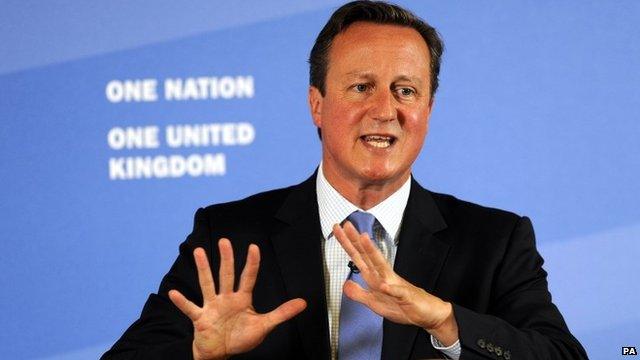Yorkshire devolution: Who says we want a mayor?
- Published
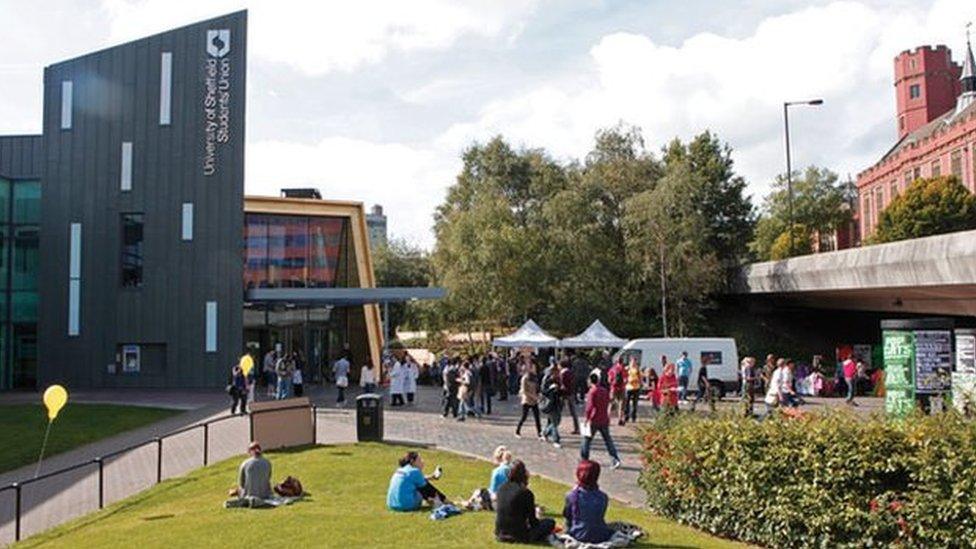
The 45 members of the citizens' assembly were selected by academics at the University of Sheffield
It is now 16 years since the concept of an American-style city boss breathing a fresh "can-do" attitude into our sleepy town and city halls was first offered in England.
There are many imports from the United States that have really taken off over here but it would be fair to say that the idea of electing a mayor to take control of big chunks of local life is not one of them.
There are 353 local councils across England and, as we come to the end of 2015, just 16 are now run by a directly-elected executive mayor.
In fact, in two places, Hartlepool and Stoke-on-Trent, local people rapidly got fed up with the mayoral system and voted to scrap the post.
So is it just mere coincidence that the public is being given no say at all as the Chancellor, George Osborne, now proudly rolls out the prospect of a new generation of directly-elected executive mayors to run "devolved regions"?
Negotiations have been carried out exclusively between local council leaders and ministers with no plans for a public referendum either before or after any of the deals signed so far have been agreed.
'Little faith in the public'
Could it be that the public would veto the idea if given the chance?
A recent exercise in Sheffield might shed some light on that view.
The University of Sheffield's Bernard Crick Centre carefully selected 45 people from across South Yorkshire to form an "Assembly of the North" to come up with their ideas for what a devolved region should be and how it should be run.
It was a carefully monitored academic exercise run by the political research centre's director, Professor Matt Flinders.
"The politicians appear to have little faith in the public being capable of taking part in really important policy decisions," he told me.
"We wanted to see if a citizens' assembly could shed light on whether that was a correct assumption."
The Assembly members, a cross-section of local people selected by an independent polling organisation, were invited to spend two weekends at a hotel in Sheffield where they were almost force-fed information on the ideas behind devolution.
Expert witnesses were brought in and cross-examined.
Supporters of the current regional devolution deals appearing in front of the Assembly included Sir Steve Houghton, the leader of Barnsley Council, and John Mothersole, the chief executive of Sheffield City Council, who together had just brokered a deal to bring together nine neighbouring local councils in a mayor-led "Sheffield City Region".
Sceptics adding their views to the mix included Peter Davies, the former Mayor Doncaster, independent political bloggers and academics.
An independent chairman was brought in to ensure no vested interests had unfair influence in the process.
I can personally vouch for the independence of the chair as it was me.
'Dangerously undemocratic'
After four days of deliberation and debate and a series of votes on what the Assembly saw as the way forward for regional devolution they came up with a far different approach to what is being offered now.
They liked the idea of devolving powers and decision-making to their own local area, but saw it as being dangerously undemocratic to trust an executive mayor to be in charge.
Instead, they overwhelmingly supported setting up an elected regional assembly.
They also thought the "Sheffield City Region" deal was far too small and with few powers capable of making a difference.
They wanted it to take in the whole of Yorkshire and the Humber and be allowed to raise its own taxes.
There was one overwhelming view expressed that bubbled up in the Assembly's early discussions and refused to go away.
It was a sense of anger that what is being described by Mr Osborne as a "devolution revolution" is being carried out by politicians behind closed doors.
Of course, all this comes from just 45 members of the public.
But as one of them pointed out, that is 45 more than are being consulted before the deals are signed.
Who says we want a mayor?
- Published1 December 2015
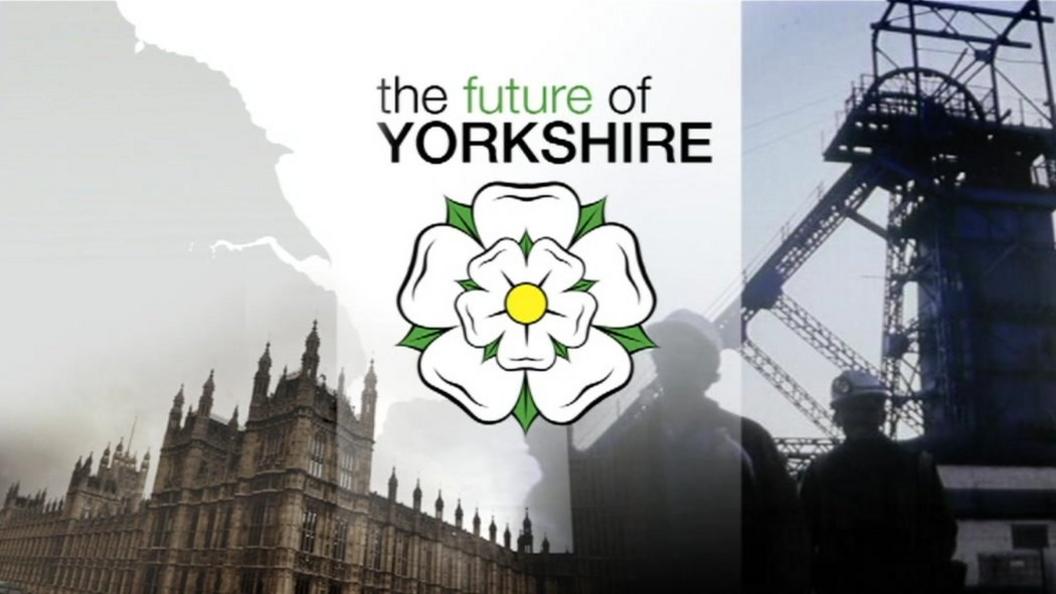
- Published2 October 2015
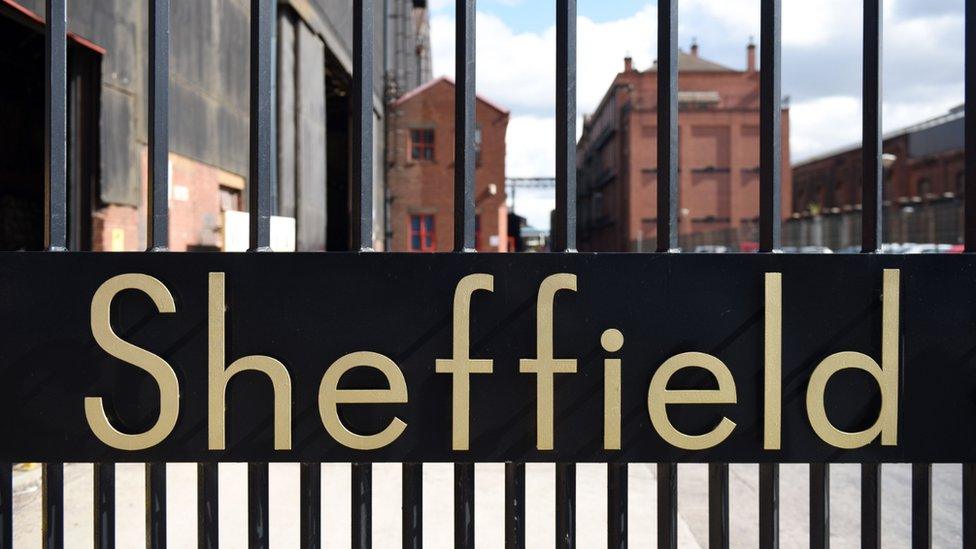
- Published11 September 2015
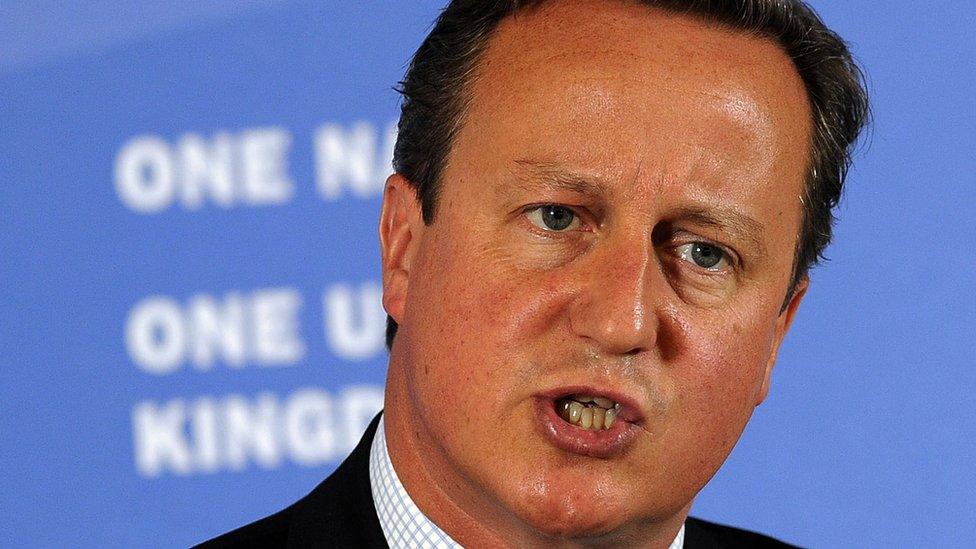
- Published11 September 2015
